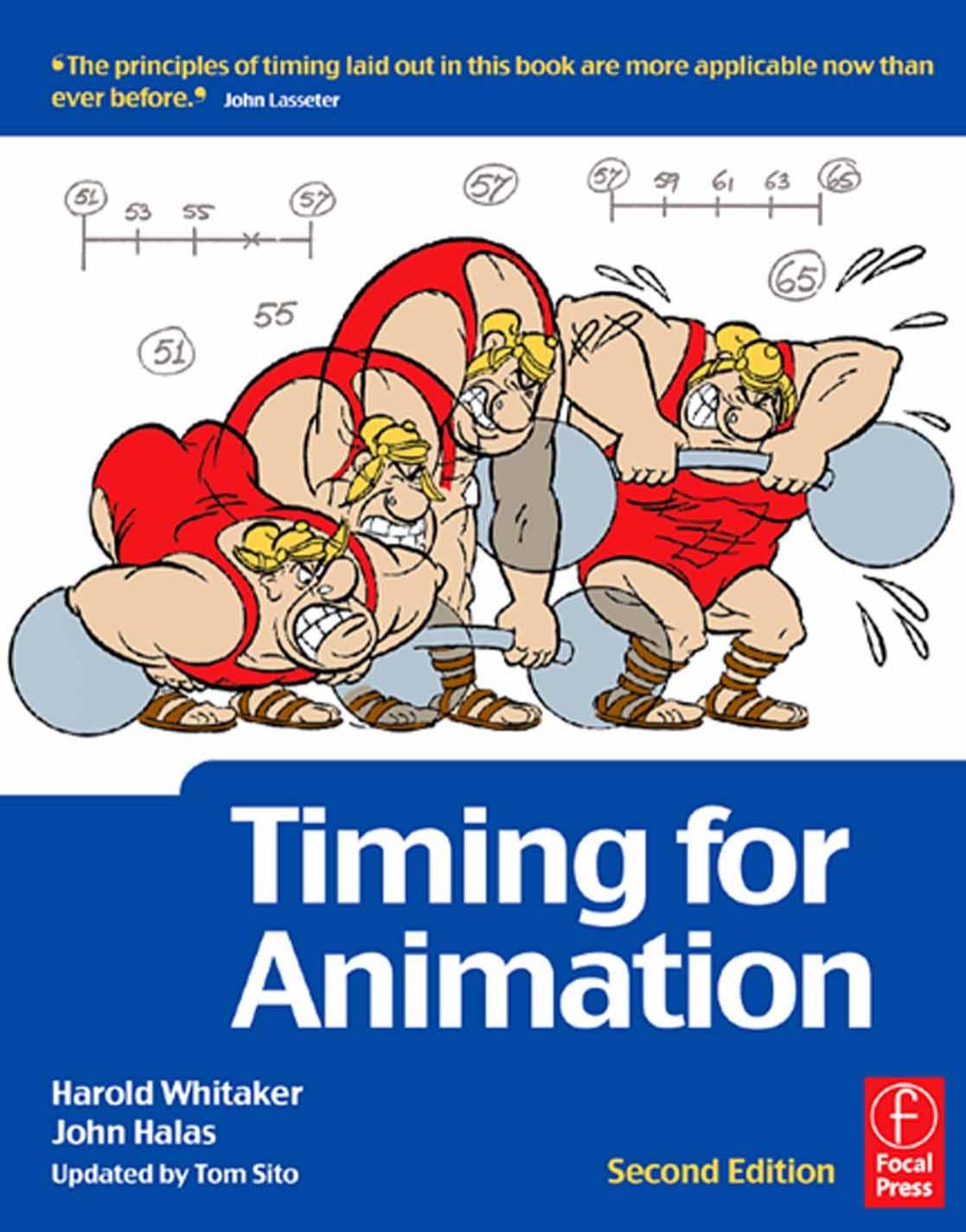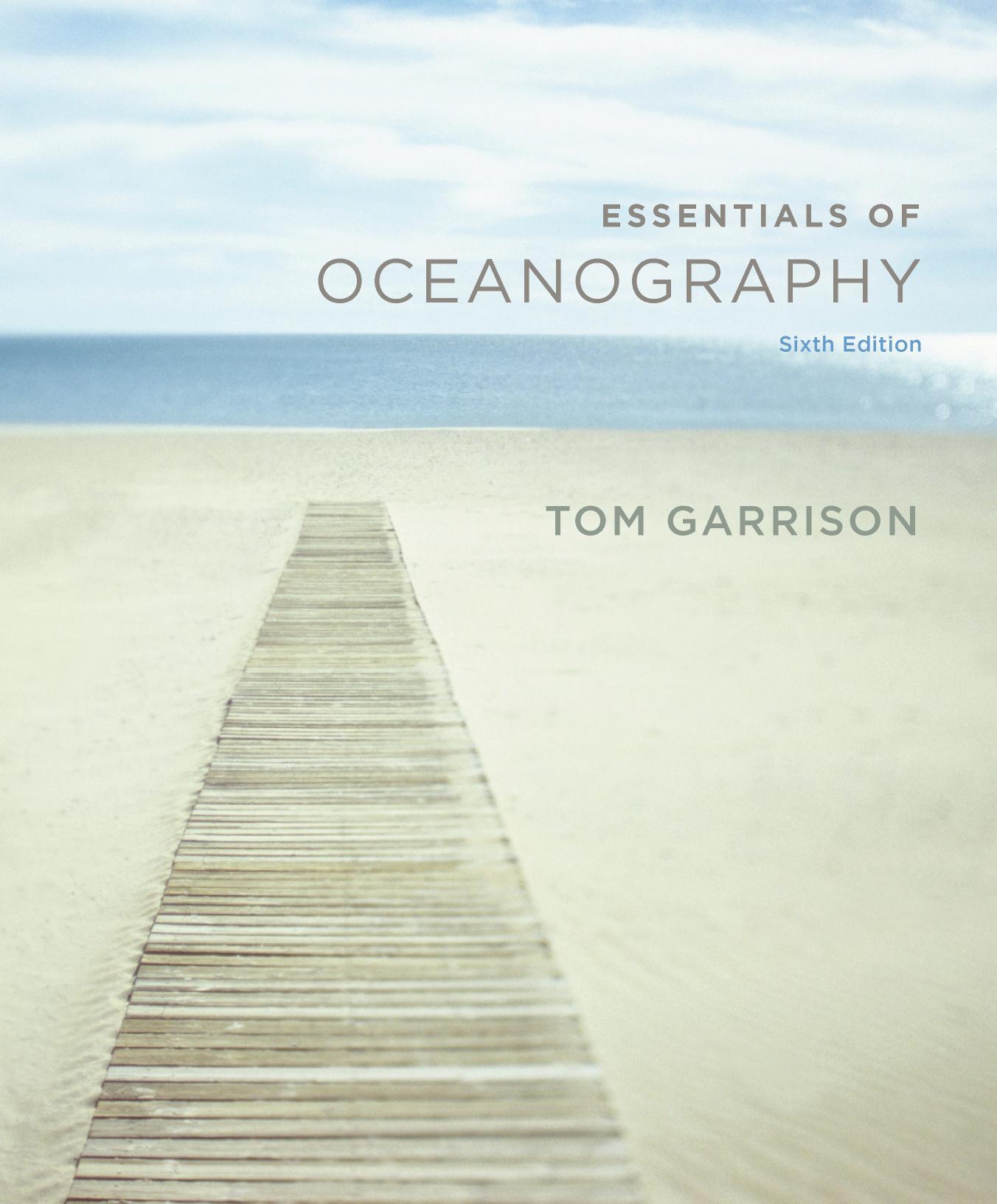
More products digital (pdf, epub, mobi) instant download maybe you interests ...

Mathematics All Around 6th Edition by Tom Pirnot
https://ebookgrade.com/product/mathematics-all-around-6thedition-by-tom-pirnot/

(Test Bank) Reconceptualizing Mathematics for Elementary School Teachers 3rd Edition by Judith Sowder
https://ebookgrade.com/product/test-bank-reconceptualizingmathematics-for-elementary-school-teachers-3rd-edition-by-judithsowder/

(Test Bank) Mathematics All Around 6th Edition by Tom Pirnot
https://ebookgrade.com/product/test-bank-mathematics-allaround-6th-edition-by-tom-pirnot/

Elementary and Intermediate Algebra 4th By Tom Carson
https://ebookgrade.com/product/elementary-and-intermediatealgebra-4th-by-tom-carson/

(Solution Manual) Elementary and Intermediate Algebra 4th Edition by
Tom Carson
https://ebookgrade.com/product/solution-manual-elementary-andintermediate-algebra-4th-edition-by-tom-carson/

Timing for Animation 2nd by Tom Sito
https://ebookgrade.com/product/timing-for-animation-2nd-by-tomsito/

Essentials of Oceanography 6th Tom S. Garrison
https://ebookgrade.com/product/essentials-of-oceanography-6thtom-s-garrison/

Essentials of Oceanography Tom S. Garrison Tom S. Garrison
https://ebookgrade.com/product/essentials-of-oceanography-tom-sgarrison-tom-s-garrison/
Another random document with no related content on Scribd:
“How extremely immoral, then, to wish me to accept and administer a great property.”
“Damnation!”
Southwold puts his hat on his head, strikes his cane violently on the back of a chair, and rushes out of the room.
“What can it possibly matter to him?” murmurs Bertram. “The idea of money excites some people as valerian does cats.”
Lord Southwold, in a whirlwind of disgust, walks as rapidly as a gouty toe will let him through the three or four streets which divide him from his own house in Berkeley Square, and mounts the staircase of his home with his wrath at boiling-point. He goes into his wife’s morning-room, where she and Cicely Seymour are sitting, one reading, the other writing letters.
“It’s true!” he shouts. “It’s perfectly true! it’s been left to him and he won’t have it—can you believe that? he won’t have it!”
Cicely looks up from her book and says nothing; his wife looks up from her writing-pad and says with a sigh:
“I canbelieve it—ofhim.”
“Well, I can’t; though I’ve heard him say it with my own ears,” returns her lord, as he drops down on a soft seat with the air of a man crushed, annihilated, effaced from creation.
“And he said, ‘What could it possibly matter to us?’” he added in a faint tone.
Cicely closes her book.
“Well, dear Lord Southwold, why should it matter?”
“Why?” he ejaculates. “Why?”
“Why?” repeats his wife. “Oh, Cicely!”
“Well, why?” she says, a little impatiently. “If Mr. Bertram likes to live a poor man instead of becoming a rich one, what business is it of anybody’s?”
“Oh Lord!” sighs her host.
“Good heavens, Cicely!” cries his wife. “You might as well ask what does a man’s suicide matter to his family?”
“Suicide is a disgrace, or at least it is esteemed so. This is an honour.”
“An honour!” echo both her host and hostess in one breath.
“A very rare honour,” she replies, “to have a relative who in these days has the courage and loyalty to principle to refuse a fortune.”
Southwold is too utterly amazed and shocked to have any power to answer her.
“My dear girl, this is very far-fetched,” says his wife. “You are talking great nonsense, and approving great folly. I cannot believe that even my nephew Wilfrid will be capable of adhering to such a crazy and thankless decision.”
“I am sure he will adhere to it,” says Cicely Seymour, warmly. “At least if he do not I shall be very mistaken in him. Do you think,” she adds with indignation, “that his principles are mere sugared beignets, mere frothy soufflées of eggs and cream?”
“His principles!” cries Southwold, with a snort like an angry horse. “Do you mean those preposterous tomfooleries with which he entertained us yesterday?”
“I mean the doctrines taught in his own journal. He is an individualist, an altruist, a collectivist, a Mazzïnist, a Tolstoi-ist. How could such a man with any consistency, with any decency, accept a great fortune?”
“My dear Cicely,” said Lady Southwold, with unkind incisiveness. “Only a great fortune could get such opinions forgiven to him; and as he is going to marry a washerwoman’s daughter, if what you heard in the Park is true, he will certainly never get her into society on any income less than thirty thousand a year!”
“He will not want to get her into society. Nobody gathers a dog-rose to put it under a forcing-frame.”
“You are very epigrammatic, my dear, but I am afraid you have not much more common sense than Wilfrid Bertram.”
“John,” she adds to her husband, “do you think it would be of any use if I went and tried to persuade him to suspend his decision?”
“I don’t think it would be the slightest,” replies her lord. “But you might try. There would be no harm in trying. Tell him it’s flying in the face of Providence.”
“I am afraid he doesn’t believe in Providence!” says Lady Southwold, with a sigh.
Twenty minutes later she returns to her morning-room with a discouraged air, and draws off her gloves.
“He was not at home,” she says, in answer to her husband’s look of interrogation. “The door was shut, and his card was stuck under the bell with ‘Out’ written upon it. I suppose I could have done no good if I had seen him. For I met Scott-Gwynne in the street, and he told me he had just heard Mr. Fanshawe saying in the reading-room at the Travellers’ that Wilfrid had refused formally, and signed his refusal. Fanshawe was present.”
“But Mr. Fanshawe as a Socialist, as a Radical, must approve the refusal?” says Cicely Seymour, from where she sits by a stand of Malmaison roses.
Southwold laughs grimly.
“Fanshawe thinks all wealth should be equally distributed; but so long as it isn’t so, he gets all he can for himself, and considers everybody should do the same who has the opportunity.”
Cicely is silent.
“I suppose Wilfrid has gone to have tea and shrimps with the washerwoman,” says Lady Southwold. “Cicely, give me some tea, please. I fear shrimps are an unknown joy to us.”
Cicely rises and goes over to the tea-table.
“Are you really positive that he is going to marry this girl?” asks his aunt, as Cicely hands her a cup and some muffin.
“The mother of the girl said so,” replies Cicely, coldly. “She did not, herself, seem to care about it.”
Lord Southwold laughs savagely.
“To make a mésalliance, and not even to be welcome! By Jove! The fellow ought to be shot. Disgracing both our families in such a manner.”
“You are unfair to him, Lord Southwold,” says Cicely.
“In what way, my dear?”
“You do not attempt to enter into his views, his motives, his principles. His opinions may be somewhat exaggerated, but his loyalty to them is none the less admirable.”
“Oh, you do admit they’re exaggerated?”
“Some of them, yes. At least, in the Age to Come there are things which one cannot wholly accept, but they always err on the side of generosity! And he is always consistent. Mr. Fanshawe may be more politic, but he is far less to be respected. You blame the refusal of this fortune. But you must admit it shows his consistency.”
“Only fools are consistent,” says Southwold, with unspeakable contempt.
“Really,” cries Lady Southwold, “one would think you were in love with Wilfrid to hear you, Cicely.”
Cicely colours a little.
“One is not necessarily in love because one can see two sides to a question. It seems to me extremely unjust to quarrel with anybody for endeavouring loyally to carry out the views which they profess. You seem to admire Mr. Fanshawe’s opportunism: I do not.”
“Fanshawe is a shrewd man of the world, Wilfrid is a monomaniac who has gone daft on altruism.”
“Or Annie-ism, as Lord Marlow observed with such exquisite wit,” says Cicely from her retreat amongst the roses, whither she has returned after dispensing the tea.
A footman puts aside the portières of one of the doors, and announces:
“Mr. Bertram.”
There is a dead silence.
Lord and Lady Southwold stare blankly at him.
Cicely rises from her bower of roses and crosses the room to him. She holds out her hand with a charming smile.
“Let me congratulate you on your marriage, Mr. Bertram,” she says, in a very kind, sweet voice.
Bertram looks at her with a little embarrassment.
“It is very good of you, Miss Seymour; you are the only person who has said a kind word——”
“A kind word! Can you expect kind words?” begins Southwold, in great ire.
“My dear Wilfrid, when you afflict and disgrace us so,” says his aunt. Bertram silences them with an impatient movement.
“Allow me to speak. My marriage will not disgrace you, for it will not take place——”
“Thank God!” cries Lady Southwold.
“It is not I who have withdrawn. It is—it is—Miss Brown, with the consent of her family. But I did not come to speak of this matter, which is one purely personal; one with which I was not aware you were acquainted. I came to apologise to Lord Southwold for my rudeness to him a little while ago.”
“All right, all right,” replies that choleraic but amiable person. “I’m afraid I used strong language myself; but really your pig-headed illusions are so uncommonly trying to a plain, ordinary man like myself——”
“And you haven’t refused the inheritance, Wilfrid?” asks his aunt, in great anxiety.
“I have refused, certainly,” replies Bertram; “I have signed and sealed refusal.”
Southwold emits a very wicked word; his wife groans aloud. Cicely Seymour, who has gone back to the roses, listens with a face grown bright with interest and approval.
“Miss Seymour does not blame me?” says Bertram, softly.
“No; I should do as you have done.”
“Thanks,” says Bertram, very gravely. Then he takes a registered letter out of his pocket.
“I have just received this,” he continues. “Will you allow me to read it to you? It was sent to me by the poor vicar of a village in the Pontine marshes, near which my cousin met his death. He says that my cousin dictated it as he lay dying in his presbytery, and the priest wrote it; it has been sent to me through the Embassy in Rome. Hence the delay. To Folliott of course the man of business had telegraphed. The letter which he dictated to this priest is, of course, in Italian. I propose to translate it to you, for I think my uncle and you do not know that language. It is very short.”
He speaks to his aunt, but he looks at Cicely Seymour.
“‘I am a dead man,’” he reads aloud from the letter. “‘An old tusker has let life out of me for ever. You will get this when I am gone. I wish we had known each other. I have left you all I possess, not because you are a relative, but because I think you will do good with it. I have not been a student, but I have seen some numbers of your journal, and though I do not agree with you in all your opinions, I see you care for the poor. Come and live on my lands, and you’ll
have work enough cut out for you. I have not done my duty—do yours.’ It is signed by him, and the signature is witnessed.”
They are all silent.
Lady Southwold has tears in her eyes.
“There is a postscript,” continues Bertram, “‘Take care of my horses and dogs.’ The priest adds that the poor fellow had desired him to send it to the English Embassy, and died half an hour after dictating it. That is all.”
“It is very touching,” says his aunt. “I wish we had known him.”
“So do I.”
“A pity you did not get it earlier,” says Southwold, “or had not been so precipitate.”
Bertram folds the letter up and looks across at the Malmaison roses.
“Magdalen College,” adds Southwold, grimly, “won’t trouble itself much about the horses and dogs.”
“Can’t you withdraw your refusal, Wilfrid?” asks his aunt.
Bertram is silent.
“Would they let you?” asks Southwold.
“It is a cruel position to be placed in,” says Bertram.
“Would it be utterly impossible,” says Southwold, sarcastically, “for you to regard it, as a mere, humdrum, ordinary Philistine person like myself would do, as a very fortuitous and felicitous piece of good luck?”
“Good luck!” echoes Bertram, in disgust. “Cannot you see that whatever I do I must feel humiliation and remorse; that however I may decide, I must feel that I leave some duty undone?”
“No,” says Southwold, very shortly, “I really cannot see anything of the sort. But I am obtuse, and I am very commonplace.”
There is again a prolonged silence.
It is broken by the low, clear voice of Cicely Seymour, on whose hair the last rays of the dim red London sun are shining in a nimbus.
“I understand what Mr. Bertram feels. To accept this fortune will be painful, and even odious to him with his views. But to let it go to others, even to Oxford, must be, after receiving this letter, equally distressing to him because he will feel that he has failed to carry out a dead man’s trust. Is not that your meaning, Mr. Bertram?”
“It is.”
“These are very fine-drawn sentiments, and they are, I confess, wholly beyond me,” says Southwold, with gruff contempt.
“I know what they both mean,” says his wife. “But to me too it is, I admit, rather far-fetched. It seems to me so easy and so simple to go back to Folliott and Hake and say, ‘I have changed my mind; I accept.’”
“But would it be right to do so?” says Bertram. “How can I be sure that the foul fiend of selfishness is not deluding me by taking the shape of duty?”
“You split straws!” growls Southwold. “The business of the world would never get done if men hemmed and hawed and tortured themselves as you do. Canyou retract your refusal? That’s the main question.”
“I can. Folliott said that they should take no action on it for twentyfour hours, but hold it in abeyance for that term. Fanshawe suggested that, indeed insisted on it.”
“Fortunate for you that a practical man was with you. I have a respect for Mr. Fanshawe which I did not feel before. Well, my dear Wilfrid, you can’t hesitate.”
Bertram does hesitate.
He looks across at the roses.
“Will you decide for me, Miss Seymour?”
“It is a great responsibility,” she replies, and her colour rises.
She plays with one of the roses nervously for a few moments. At last she looks up and says gravely:
“I think you should accept, Mr. Bertram. To you such wealth would be no sinecure, but always regarded as a great trust to be employed for the welfare of others.”
Bertram bends his head.
“Since you think so, I will endeavour to merit your opinion of me.”
“And if you go and live on the Italian lands you can be as selfsacrificing and as wretched as you like,” adds Southwold, gleefully. “Mosquitoes, malaria, malandrini, and the hourly probability of a shot from behind a hedge, or a dagger-thrust from an irate beggar, will certainly provide you with constant material for the most active altruism.”
“Of course he will be in England half the time; there is a great deal of the Errington property in England,” says Lady Southwold, before whose mental vision many charming prospects are dancing; and she rises and goes across to Cicely Seymour and kisses her on her sunillumined hair.
“You will always give Wilfrid good counsel, won’t you darling?” she says, very tenderly.
“Mr. Bertram will want no counsel but his own conscience,” says Cicely Seymour, with the colour in her cheeks. “Oh, Lord Southwold, conscience is so rare in our days, it seems almost dead; you should not laugh at those who through all mockery try to keep alive its sacred flame!”
“Since Wilfrid has your esteem, my dear, I laugh at him no longer,” says Southwold, with pleasant malice. “I am thoroughly convinced that he is the wisest, and will be the happiest, of men.” OUIDA.
